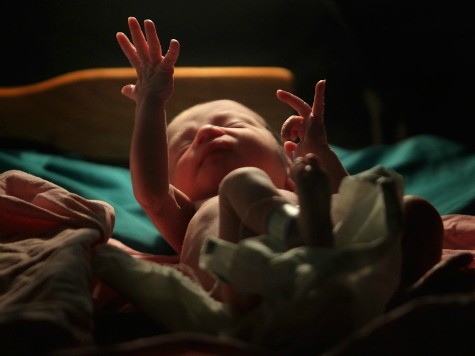During this homecoming season, two very special students were selected Homecoming Queen and King at Dunwoody High School, near Atlanta, Georgia. Hannah Keen and Gus Ashbury, both students with special needs, were overwhelmingly elected by their Dunwoody classmates. When the winners were announced during the Homecoming football game, the entire football stadium erupted with cheers and support. Hannah and Gus are clearly loved and revered by their fellow students.
This moment was a memorable moment for both Gus, who has autism, and Hannah, who lives with Down Syndrome, as well as the student body. One of the most beautiful things about children and adults with Down Syndrome, which is embodied by the lovely Hannah Keen, is their joy for life and love for their family, friends and even strangers.
October is Down Syndrome Awareness Month. A few statistics can put the impact of individuals with Trisomy 21, or Down Syndrome, into perspective: an October 2011 survey study on Down Syndrome and Quality of Life conducted by a Harvard researcher revealed that 99 percent of individuals with Down Syndrome said they were happy with their lives and 97 percent liked who they are. Furthermore, the study showed that 99 percent of parents of a child with Trisomy 21 love their child; 97 percent of these parents were proud of their child; and 79 percent of such parents felt that their outlook on life was more positive because of their child with Down Syndrome. In terms of siblings’ feelings about Down Syndrome, 94 percent of older siblings expressed feelings of pride towards their siblings with Down Syndrome; 88 expressed feelings that they were better people because of their siblings with Trisomy 21.
These statistics are overwhelming positive, but beyond statistics, anyone who has ever befriended a person with Down Syndrome has experienced the unconditional love they give. In return, thankfully, our society has made great strides in recognizing the special qualities of individuals with Down Syndrome and other special needs, as well as supporting and improving their quality of life.
However, there is a glaring paradox in our society that needs to be exposed – before a child is born, when a baby is diagnosed with a fetal abnormality such as Down Syndrome, or Trisomy 18, Trisomy 13, Spina Bifida or others, the termination rate can be as high as 90 percent.
Having a disability, or parenting a child with special needs, certainly presents challenges. That should not be white-washed. But what parent or child is immune to challenges? Not one! One mother of a toddler with Down Syndrome recently wrote “There was a time I was very scared to be his mom. For that I will always be sorry. But he’ll also know that even though I was scared, my love for him was stronger than the fear. And that he has brought me nothing but pride and joy.”
Every human has inherent dignity and worth – no matter their race, creed, color, religion, or special need.
We live in a time and place where it is the best possible circumstances to raise a special child with special needs. This is the message doctors should be giving to couples who receive a diagnosis of a fetal abnormality, not the pressure to abort their baby.
The story of Gus and Hannah is a beautiful reminder of the truth of human dignity and value. Life isn’t always easy, but no matter the circumstances, every person can impact the people around them. This year, the March for Life, the peaceful protest that draws hundreds of thousands to our nation’s capital every January to advocate for the right to life for all individuals, will focus on these special babies as our underlying theme for all events. We will continue to fight for future Gus’ and Hannah’s to be born because every life is a gift.

COMMENTS
Please let us know if you're having issues with commenting.